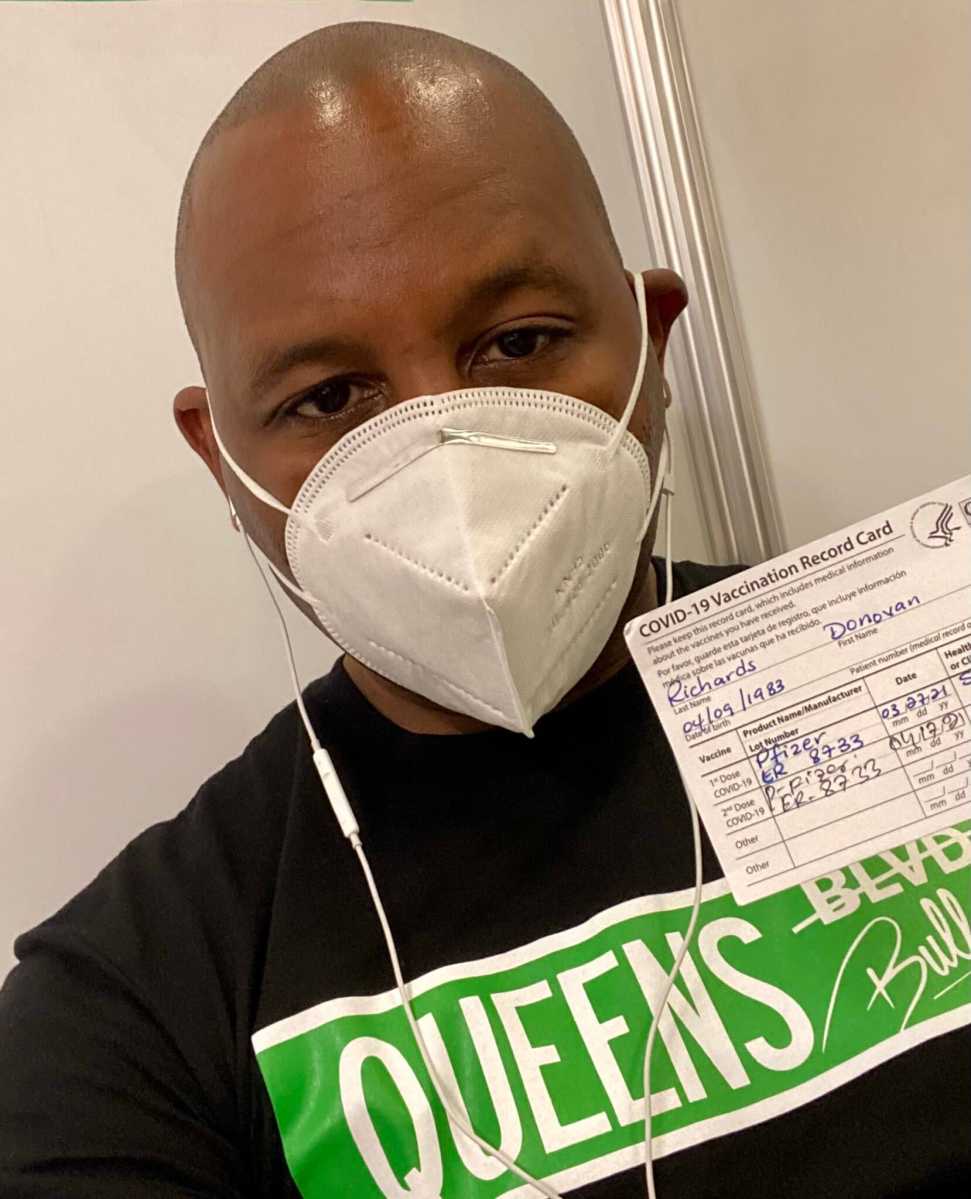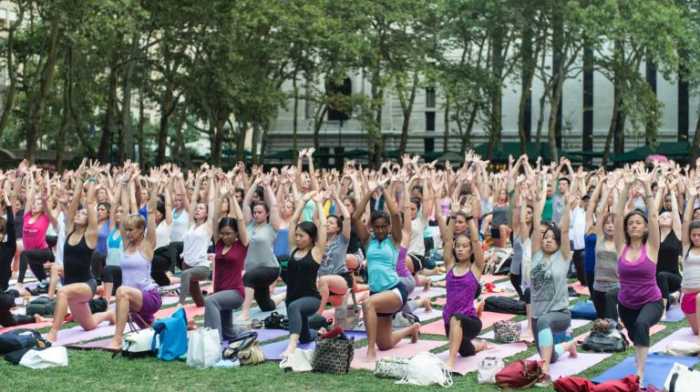By Jenna Bagcal,
A year after Queens became the city’s epicenter of COVID-19, the borough has reached 1 million residents vaccinated, making it the first county in the state to reach the milestone.
Borough President Donovan Richards announced the achievement on Friday, April 23, based on data from the State Department of Health showing that 1 million residents in “The World’s Borough” have received at least one dose of a COVID-19 vaccine.
“One year ago today, Queens was the epicenter of the epicenter of the world’s worst public health crisis in more than a century. To go from those dark days to this afternoon, as Queens becomes the first county in the state to have 1 million residents receive at least one dose of a COVID-19 vaccine, is a testament to the unrivaled strength and resilience of our borough,” Richards said.
Queens has seen many “firsts” concerning COVID-19. Back in March 2020, Far Rockaway confirmed the first COVID-19 case in Queens and the borough saw exponential growth in cases over the next few months.
Less than a year later in December 2020, Queens nurse Sandra Lindsey, was the first in New York to receive a COVID-19 vaccine outside of trials.
In his announcement, Richards thanked healthcare workers for their tireless and brave work in the midst of a global pandemic.
“To all our healthcare heroes and frontline essential workers who selflessly served Queens in our time of need, we are eternally in your debt,” he said “To all those who lost a loved one to this pandemic, our hearts are always with you. To the 1 million Queens residents who have received a vaccine, thank you for doing your part to keep our communities safe.”
On the same day, Mayor Bill de Blasio announced that all city-run Pfizer and Moderna sites are open to walk-ins for New Yorkers ages 16 and up and 18 and up, respectively. The mayor also said that geographic restrictions have ended at all city-run sites.
“It’s never been easier to get vaccinated. With each resident who gets their shots, we get one step closer to building our borough back better than ever,” Richards said.
This article first appeared on our sister site, www.qns.com




































